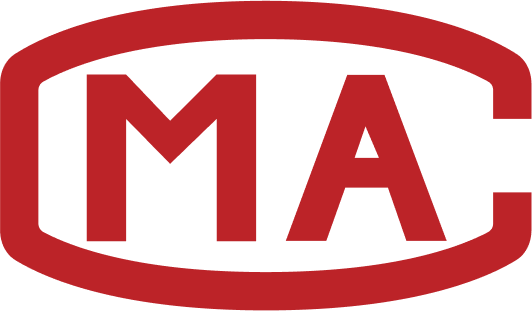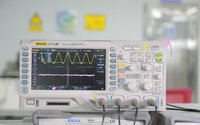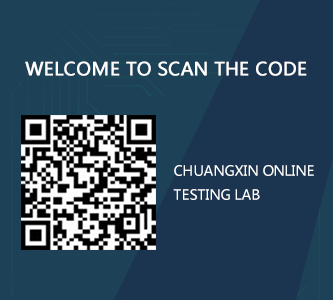What are the main technologies and advantages of electrochemical testing?
Date:2023-03-30 15:18:24Views:467
Electrochemical testing is a very important analytical chemistry technology, which is mainly used to study electrochemical reactions, study electrochemical phenomena in the process of chemical reactions, and explore chemical reaction kinetics. Next, we will introduce the main technologies and advantages of electrochemical testing.
Potentiometric method
Potentiometry is one of the most basic methods in electrochemical testing, which studies the process of chemical reactions by measuring the changes in electrode potential. The advantage of this method is that it can measure changes in electrode potential to understand the kinetic characteristics of chemical reactions, such as reaction rate, production and consumption of reaction intermediates, and so on.
Cyclic voltammetry
Cyclic voltammetry is a classical electrochemical testing method, which has the advantage of exploring the electrochemical properties and reaction kinetics of the electrode surface. This method can repeatedly scan the electrode within a certain voltage range to observe the changes in current and potential over time. By analyzing the cyclic voltammetry curve, we can understand the chemical reaction process on the electrode surface and the kinetic characteristics of the reaction.
Potentiostatic method
Potentiostatic method is a very common electrochemical testing method, its advantage is that it can study the equilibrium state of chemical reactions. This method understands the equilibrium state of chemical reactions by controlling the electrode potential to remain unchanged and measuring the changes in electrode current. This method is commonly used to study catalytic reactions and electrochemical corrosion on electrode surfaces.
AC impedance method
AC impedance method is a very useful electrochemical testing method, with the advantage of being able to study the kinetic and thermodynamic characteristics of chemical reactions. This method studies the chemical reaction process on the electrode surface by measuring the impedance of the electrode to alternating current. The kinetic characteristics of chemical reactions can be obtained by analyzing impedance spectroscopy, such as reaction rate, charge transfer process, and so on.
_20230330151403_679.jpg)
The advantage of electrochemical testing is not only that it can study the kinetic and thermodynamic characteristics of chemical reactions, but also that it is very sensitive and can monitor chemical reactions on the electrode surface in real time. In addition, electrochemical testing also has a very high selectivity and specificity, which can detect and analyze different chemical substances. Therefore, electrochemical testing has a wide range of applications in the chemical industry, electrochemical energy, biomedicine, environmental protection, and other fields.
In the chemical industry, electrochemical testing technology is widely used to control and optimize processes such as electroplating, corrosion, and electrolytic hydrogen production. In the field of electrochemical energy, electrochemical testing techniques are used to study the performance and efficiency of electrochemical devices such as fuel cells, hydrogen production from electrolytic water, and energy storage batteries. In the field of biomedicine, electrochemical testing technology can be used to detect the electrochemical characteristics of biological molecules, cells, and tissues, thereby achieving molecular diagnosis and treatment purposes. In the field of environmental protection, electrochemical testing technology can be used to monitor the concentration and distribution of pollutants, as well as for wastewater treatment and air pollution control.
The above is a summary of the main electrochemical testing technologies and advantages organized by the core detection team. I hope it can be helpful to you. Our company has a team of professional engineers and industry elites, and has three standardized laboratories with an area of over 1800 square meters. It can undertake various testing projects such as electronic component testing and verification, IC authenticity identification, product design and material selection, failure analysis, functional testing, factory incoming material inspection, and tape weaving.




 Weixin Service
Weixin Service

 DouYin
DouYin
 KuaiShou
KuaiShou




















